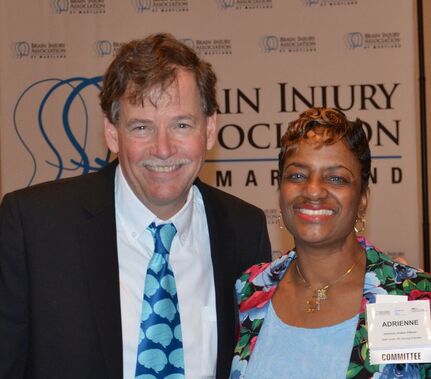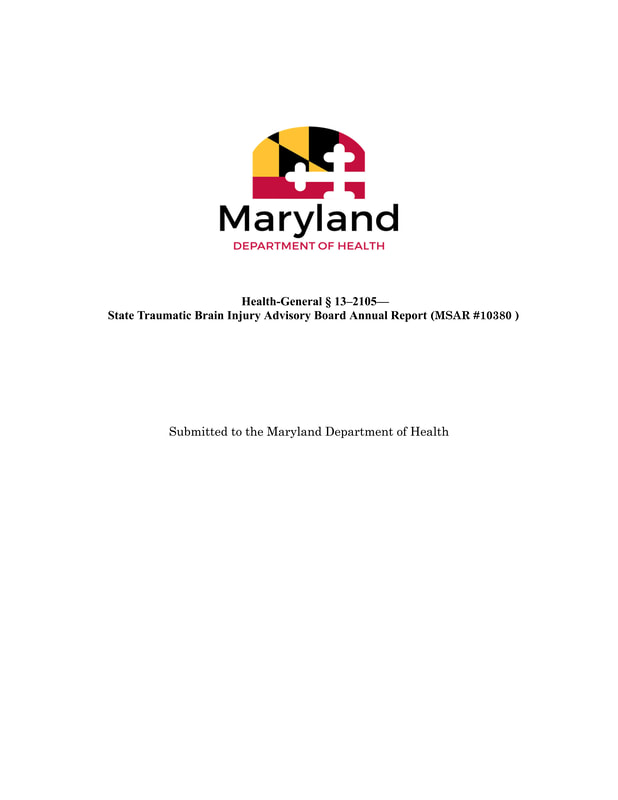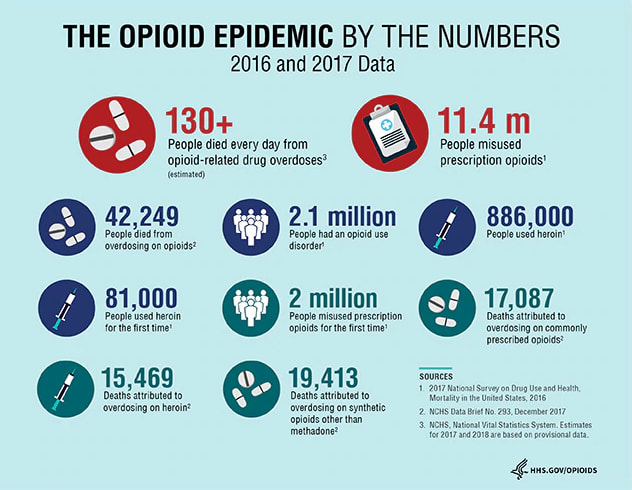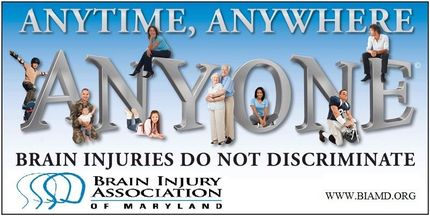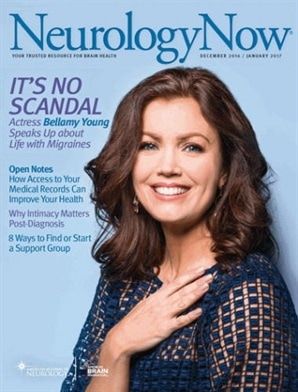CLICK HERE for more information or to purchase Tickets or Tables.
2024 Scarecrow Classic 5k and 1 Mile Challenge
October 20, 2024
October 20, 2024
CLICK HERE TO SIGN UP FOR SCARECROW
Piney Run Park
30 Martz Road
Sykesville, MD 21784
Sunday, October 20, 2024
8:00-8:45am: Race Day Check in and Packet Pick Up
9:00am: 5K Race Start
9:10am: 1M Fun Run Start
Awards immediately following the race!
30 Martz Road
Sykesville, MD 21784
Sunday, October 20, 2024
8:00-8:45am: Race Day Check in and Packet Pick Up
9:00am: 5K Race Start
9:10am: 1M Fun Run Start
Awards immediately following the race!
The 2024 Scarecrow Classic will be held October 20, 2024 . This In Person event, hosted by the Brain Injury Association of Maryland (BIAMD) will rally survivors, families, friends, and supporters around the common goal of raising awareness about brain injury within the community and providing much needed funding to support the programs and initiatives of BIAMD.
TO JOIN:
TO JOIN:
- Register for the Scarecrow Classic before October 20, 2024
- Complete the In Person 1 Mile Run/Walk or 5K at Piney Run Park on October 20, 2024
- Celebrate your accomplishment at our Victory After Party and by sharing on social media! #ScarecrowBrainChallenge2024
|
AVERAGE NEW U.S. CASES ANNUALLY
MULTIPLE SCLEROSIS 10,400 SPINAL CORD INJURY 12,500 HIV/AIDS 50,000 BREAST CANCER 231,840 ALL NEW CASES COMBINED 304,740 NEW TRAUMATIC BRAIN INJURIES EACH YEAR IN THE U.S. 2.8 MILLION |
|
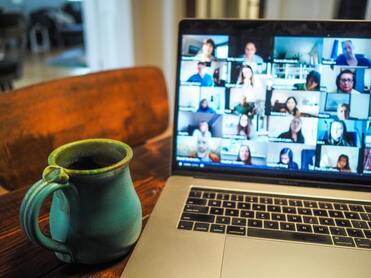
As part of BIAMD's interest in serving Maryland's Brain Injury Community, we are continuing our weekly "Check-In Chats".
We would like to "check in" with anyone looking to share their experiences and challenges in a social group setting.
We meet regularly on Fridays from Noon - 2:00pm.
To register for a Check-In-Chat please click here
For other On-Line Support Groups click here
We would like to "check in" with anyone looking to share their experiences and challenges in a social group setting.
We meet regularly on Fridays from Noon - 2:00pm.
To register for a Check-In-Chat please click here
For other On-Line Support Groups click here
BRAIN INJURY CONNECTOR
Listen to BIAMD's Latest Podcast Below or Subscribe to Brain Injury Connector at your favorite Podcast streaming site.
Because every brain is different, every brain injury is different, and every brain injury recovery is different, most individuals and families dealing with brain injuries have many more questions than answers. Join Bryan Pugh, Executive Director of the Brain Injury Association of Maryland, as he searches for answers by interviewing individuals with brain injuries, family members, healthcare providers, policy makers and other members of the brain injury community. Each episode contains powerful information to help you learn more about brain injury, discover new treatments and solutions, and meet inspirational people making meaningful impacts on their community by changing the world.
CLICK HERE to find shows from the previous 4 Seasons
Free Trainings for Your Organization
The Brain Injury Association of Maryland offers free trainings and presentations customized to meet your needs. We offer Continuing Education Units for Social Workers, LCPC, and Psychology. Please fill out the interest form here and a staff member will follow up with you, or give us a call at 410-448-2924
Do You Want to Participate in a Study? Attend a Webinar? Take a Training? Click HERE to find out more.
Stress Management for Caregivers of Individuals
with Traumatic Brain Injury
A traumatic brain injury (TBI) can change a person in many ways. As a caregiver of a person with a TBI, you may feel stressed or overwhelmed in this role. You are not alone; these feelings are normal. Using strategies to manage stress may help you take care of yourself. Click HERE for a fact sheet on strategies caregivers can use to manage stress.
Brain Injury Association of
Maryland
Membership
"Thank you for the information and especially for the kind words yesterday. I will share the information with Megan.
We will (also) check out the additional resources.
Thanks again for your help."
- Shannon
Thanks to Our Corporate Partners
|
The Maryland State Traumatic Brain Injury Advisory Board (TBIAB) consists of 36 voting members, who represent consumers, families and caregivers, advocates, government officials, health care professionals and elected officials. The TBIAB is required by § 13-2105(6) of the Health General Article, Md. Ann. Code, in accordance with § 2-1246 of the State Government Article, to issue an annual report to the Governor and the General Assembly that contains recommendations.
The Traumatic Brain Injury Advisory Board Report for 2023 is ready for your review. To discover the Board's recommendations for this year, click link below. 2023_-_tbi_advisory_board_report.pdf |
The OPIOID EPIDEMIC and BRAIN INJURY.
Opioids are depressants, meaning that they inhibit the central nervous system (CNS).
During an overdose, the body experiences Central Nervous System depression, which can result in
As such, the most significant risk of an overdose is the lack of oxygen.
Oxygen is essential to the human brain, and a lack of oxygen to the brain causes damage.
So, what about those who are overdosing but not dying?
The opioid epidemic has led to the creation of a new term: Toxic Brain Injury.
This type of brain injury occurs from prolonged substance misuse and nonfatal overdose.
This encompasses two forms of brain injury resulting from a lack of oxygen:
During an overdose, the body experiences Central Nervous System depression, which can result in
- decreased rate of breathing,
- decreased heart rate, and
- loss of consciousness, possibly leading to coma or death.
As such, the most significant risk of an overdose is the lack of oxygen.
Oxygen is essential to the human brain, and a lack of oxygen to the brain causes damage.
So, what about those who are overdosing but not dying?
The opioid epidemic has led to the creation of a new term: Toxic Brain Injury.
This type of brain injury occurs from prolonged substance misuse and nonfatal overdose.
This encompasses two forms of brain injury resulting from a lack of oxygen:
- Hypoxic Brain Injury
- Hypoxic brain injury occurs when the brain does not receive enough oxygen
- Anoxic brain injury.
- Anoxic brain injury occurs when the brain does not receive any oxygen.
In these situations, the amount of time the brain is without adequate oxygen dictates the severity of injury.
Toxic Brain Injury has multiple effects on the brain. Brain damage caused by use of drugs could include disruption of nutrients needed by brain tissue; direct damage, injury, and death of brain cells, including neurotransmitter receptors; alterations to brain chemical concentrations, including neurotransmitters and hormones; and deprivation of oxygen to brain tissue. The effects on the brain will differ depending on the type of substance, the amount used, and the duration of use.
Toxic Brain Injury has multiple effects on the brain. Brain damage caused by use of drugs could include disruption of nutrients needed by brain tissue; direct damage, injury, and death of brain cells, including neurotransmitter receptors; alterations to brain chemical concentrations, including neurotransmitters and hormones; and deprivation of oxygen to brain tissue. The effects on the brain will differ depending on the type of substance, the amount used, and the duration of use.
FOR MORE INFORMATION ABOUT THE OPIOID EPIDEMIC
AND TOXIC BRAIN INJURY - CLICK HERE.
"I can't thank you enough for all of the help. You have been amazing! I've reached out to both ladies and we're moving forward. I'll also be reaching out to the doctors you have sent. Again, I can't thank you enough on behalf of the both of us."
- Alexandra and Charles
|
|
|
|
|
|
Five Thoughts Fridays
A brief blog about what we are working on, looking at, thinking about, and inspired by.
Check the latest issues and back issues
by clicking
HERE
A brief blog about what we are working on, looking at, thinking about, and inspired by.
Check the latest issues and back issues
by clicking
HERE
|
|
|
|
|
2-1-1 Maryland connects you to health and human service resources in your community 24 hours a day, 7 days a week, in over 180 languages.
The Maryland Access Point (MAP) searchable directory can help you find home health, personal care, transportation, housing, home repairs, adult day care providers and lots of other services that can support you in your home.
|
About Us
Our Mission
The Brain Injury Association of Maryland shall be the voice of those affected by brain injury through advocacy, education, and research.
The Brain Injury Association of Maryland shall be the voice of those affected by brain injury through advocacy, education, and research.
Our Vision
We bring health, hope, and healing to thousands of Marylanders living with brain injury, their families, and the professionals who serve them.
We bring health, hope, and healing to thousands of Marylanders living with brain injury, their families, and the professionals who serve them.
Our Staff and Board
Our five full-time and one part-time staff are here to serve you. Our all volunteer Board of Directors strive to provide the utmost service and leadership to the brain injury community.
Our five full-time and one part-time staff are here to serve you. Our all volunteer Board of Directors strive to provide the utmost service and leadership to the brain injury community.
|
BIAMD
2200 Kernan Drive Baltimore, MD 21207 Phone: 1.800.221.6443 |







